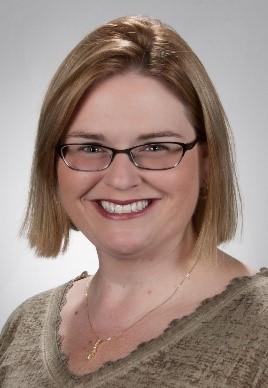
Dyslexia Screening Questionnaire
Dyslexia is a common learning disorder that involves difficulty reading due to problems identifying speech sounds and learning how they relate to letters and words. Without timely diagnosis and treatment, children with dyslexia are much more likely to have poor academic achievement, anxiety, low self-esteem and depression.
This project will facilitate early diagnosis and treatment of dyslexia by validating a screening questionnaire that can be completed by parents at children's 6-year-old well-child visits.

Post-Traumatic Stress Disorder in Bone Marrow Transplant Patients and Their Families
Bone marrow transplant (BMT) is a critical lifesaving intervention used to treat cancer and other life-threatening diseases. Children undergoing this treatment—and their families—are at significant risk for post-traumatic stress disorder (PTSD), but no pediatric hospitals systematically screen for or treat PTSD symptoms in BMT patients or their families.
This project will help bone marrow transplant patients and their families get timely treatment for post-traumatic stress disorder (PTSD) by developing a system to monitor them for PTSD symptoms.

Fetal Cardiac Imaging: A 21st Century Solution
Congenital heart disease (CHD) is responsible for 28 percent of neonatal deaths due to birth defects and 50 percent of deaths occurring during the first two to 12 months. Advanced fetal imaging can achieve a precise prenatal diagnosis, which in turn can lead to improved postnatal outcomes. Although fetal MRI already plays a large role in the prenatal diagnosis of CHD, there is tremendous room for improvement.
This project will help diagnose complex heart defects before birth by developing software that can be used with MRI technology to provide reliable images of the fetal heart.

Men Are From Mars, Women Are From Venus: Equipment and Supplies to Evaluate How Sex Hormones Influence Brain Function
Historically, females are underrepresented in preclinical and clinical research trials across all disciplines, especially in neurosciences. Therefore, preclinical research data from males is often generalized to females for clinical translation, making dangerous assumptions that the neurobiology is the same and putting female patients at higher risk for adverse effects.
This project will improve quality of care for girls and women by exploring how neurotransmission differs in males and females before and after traumatic brain injuries.





